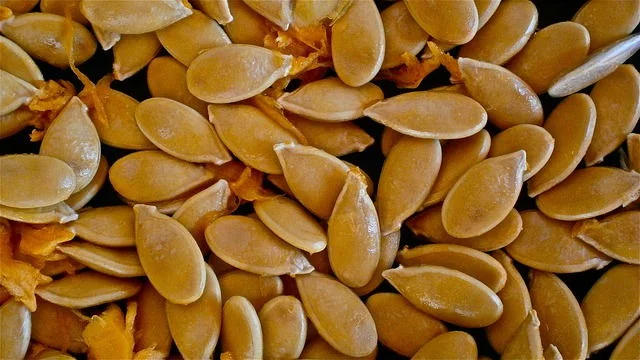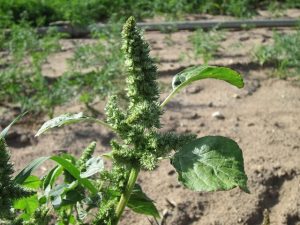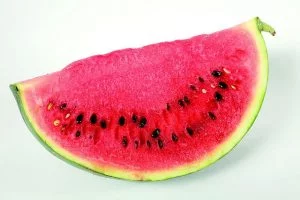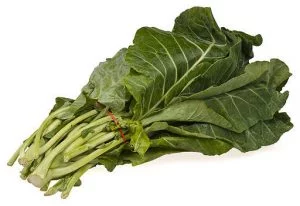Pumpkins are popular fruits used as vegetables and are widely grown and eaten in the world. Due to their softness, pumpkins are often used to make baby food if not food for the whole family.
Whichever the situation, pumpkin seeds usually never make it to the plate despite their good nutrition value. Fortunately enough, the leaves do make it quite often in our country.
Pumpkin seeds, just like the leaves, are perfectly safe for consumption and are packed with vitamins, minerals, protein and fat. They’re also rich in antioxidants and fibre which help in preventing and reducing risk of some chronic diseases.
The nutrition value of pumpkin seeds is well recognized to the extent that in some countries pumpkins are grown purposely for the seeds and can be found in stores.
The seeds in a pumpkin can be as much as 500 seeds depending on the size of the pumpkin, and we all know how large they can get. So the next time you’re cooking pumpkin, you may want to consider saving them rather than disposing them off. Here’s why.
Nutrients in Pumpkin Seeds

In 100g of dried pumpkin seeds you typically get:
- Energy: 559 Kcal
- Carbohydrates: 10.71 g
- Protein: 30.23 g
- Total Fat: 49.05 g
- Dietary Fibre: 6 g
- Niacin (Vitamin B3): 4.987 mg
- Potassium: 809 mg
- Magnesium: 592 mg
- Phosphorus: 1233 mg
- Calcium: 46 mg
- Iron: 8.82 mg
- Manganese: 4.543 mg
- Zinc: 7.81 mg
Source: USDA National Nutrient Database for Standard Reference
Health Benefits of Pumpkin Seeds
1. Good Source of Magnesium
Pumpkin seeds are very rich in magnesium, with 100g of them providing about 592mg.1 Magnesium is a very important mineral in our body that participates in a wide number of biochemical reactions including those of producing energy, synthesizing important components like DNA and protein and functioning of enzymes.
Having adequate amounts of magnesium helps in preventing diseases like osteoporosis (fragile porous bones), diabetes, hypertension (high blood pressure), metabolic syndrome and cardiovascular diseases.2
2. Rich in Beneficial Proteins
Pumpkin seeds are a good source of protein with 100g of them providing about 30g of protein.1 Of these proteins, glutamate and tryptophan amino acids are the richest.
Glutamate (not to be confused with the flavouring agent Mono-sodium Glutamate) is an important neurotransmitter in the body, the most abundant as a matter of fact, which plays various roles in brain function including cognition, learning, and memory.3
On the other hand, Tryptophan, the least abundant of amino acids, plays a role in protein synthesis and metabolic functions, but it’s also known as the only precursor to serotonin, an important neurotransmitter for brain function and regulating mood.4
Consequently, tryptophan deficiency is implicated in various psychiatric conditions like depression, insomnia, and excess weight gain.5 It’s even suggested that getting as low as 1g of tryptophan can help improve sleep.4
3. Healthy Fats
Although pumpkin fruit is low in calories, its seeds are high in calories due to the fat they contain. Their kernels are rich in monounsaturated fatty acids that raise the good cholesterol (HDL) and lower bad cholesterol (LDL).
Common monounsaturated fat found in these seeds are omega-3 and omega-6 fatty acids, which are important for brain development, immune system function and blood pressure regulation.
4. Good Source of Zinc
Pumpkin seeds are a good source of the mineral zinc and even WHO recommends having them for this purpose. 100g of dried pumpkin seeds will provide 7.81mg which is about 71% of zinc the body requires in a day.1
Zinc plays numerous functions including immune system function, protein synthesis, cell division, and normal growth and development.
It’s also important in intestinal transport of water and electrolytes, hence the reason why zinc supplementation is used in controlling diarrhoea in children.6
5. Good Source of B-Vitamins
Pumpkin seeds are very good source of vitamin B-complex like vitamin B-6, niacin, riboflavin, thiamin folate and pantothenic. Each of these vitamin play a major roles in the body by treating and reducing the risk of some diseases.
6. Rich in Antioxidants
Pumpkin seeds are good source of antioxidant like vitamin E. Antioxidants help protect to protect the body from harmful free radicals that cause chronic diseases like cancer. They also help in reducing inflammation.
7. Source of Dietary Fibre
From 100g of whole dried pumpkins you get about 6g of fibre. That’s not bad. If you however remove the outer shell this value decreases. Nevertheless, fibre is a key part of any healthy diet and should be incorporated in our diet whenever possible.
Fibre helps to keep your digestive system healthy and is said to lower the risk of chronic diseases including cardiovascular diseases, type 2 diabetes, obesity and certain gastrointestinal diseases.7
How to Prepare Pumpkin Seeds
After removing the seeds from pumpkin’s inner cavity, rinse them with cold water then spread them evenly on a flat surface and leave to dry for about 24 hours. You can then roast or bake the seeds.
However, do not over roast (20 minutes or more) as this will affect the fats in the seeds. You can season seeds if necessary. and enjoy them as healthful snacks. If you have to eat them later, make sure to store them in an air tight container in the refrigerator.
Roasting is the most conventional way of preparing pumpkin seeds but there are a lot more creative ways to incorporate them into your meals. You can find wonderful recipes online to help you with that.
Pumpkins seeds are sometimes unshelled, soaked or sprouted to remove the hard outer shell. Some people like them that way while others do this aid in removal of anti-nutrients like phytate which are typically found in seeds.
Anti-nutrients make other nutrients less available for the body to absorb, and therefore doing this may be beneficial if you eat seeds on a regular basis.
REFERENCES
1. USDA National Nutrient Database for Standard Reference
2. Magnesium [This link leads to a website provided by the Linus Pauling Institute at Oregon State University. Nutrition Point is not affiliated or endorsed by the Linus Pauling Institute or Oregon State University.]
3. Glutamate as a Neurotransmitter
4. L-Tryptophan: Basic Metabolic Functions, Behavioral Research and Therapeutic Indications
5. The FDA’s Cruel Hoax
6. Zinc Supplementation in the Management of Diarrhoea
7. Health Benefits of Dietary Fiber





